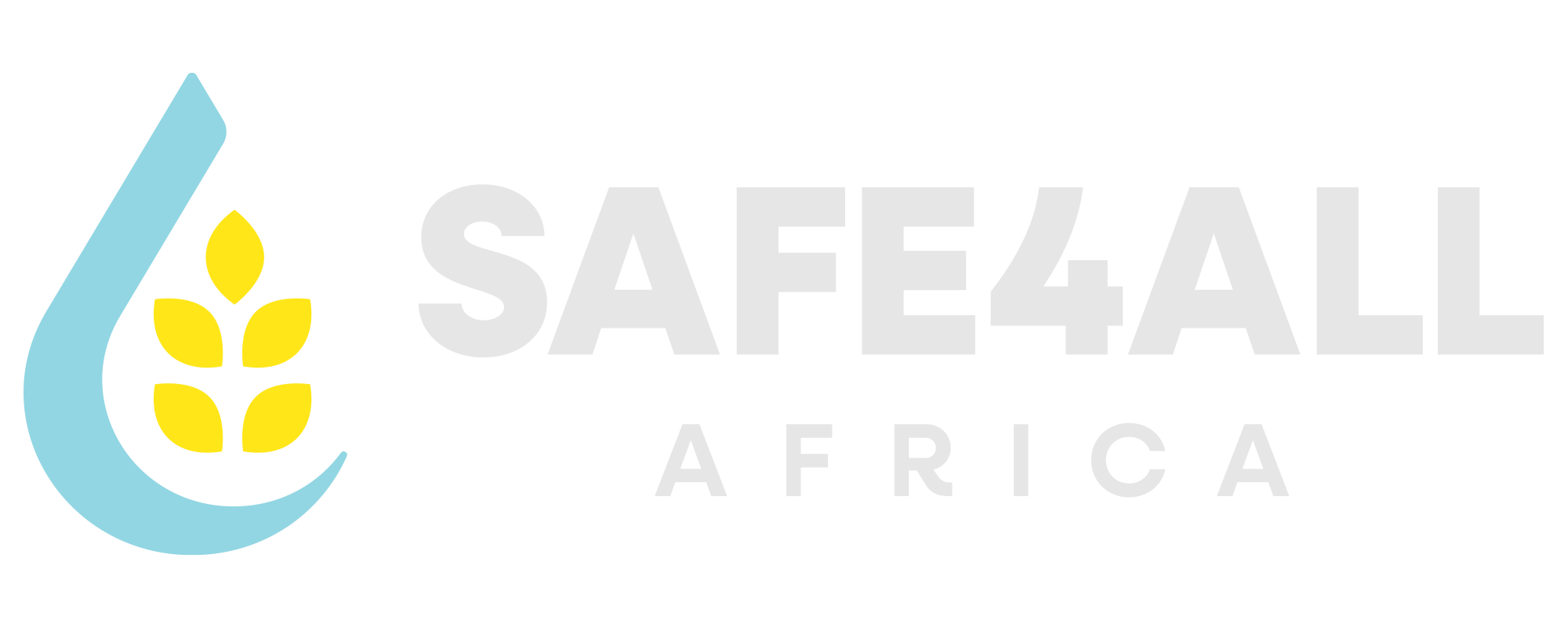Driving Innovation in Climate Services
March 21, 2024

From the 13th to the 15th of March, marked a significant milestone as the SAFE4ALL Africa project kicked off with its first General Assembly held at Wageningen University & Research in the Netherlands. This initiative, funded by the Horizon Europe Framework Programme, stands as a beacon of hope in addressing critical issues of food security, disaster management, and migration across three African countries: Ghana, Kenya, and Zimbabwe.
Agriculture serves as the backbone of livelihoods for over 2.5 billion people worldwide, with African rural communities increasingly shifting towards market-oriented farming practices. However, escalating climate risks, including extreme weather events, threaten agricultural stability, exacerbating food insecurity and migration patterns. Recognizing these challenges, SAFE4ALL aims to provide localized, scalable climate information services to empower local actors in decision-making, thereby safeguarding African foodsheds and enhancing community resilience.
The assembly witnessed the active participation of all 16 European and African partners, reflecting a collaborative effort towards co-creating sustainable climate services. Noteworthy attendees included national meteorological institutions from Ghana, Kenya, and Zimbabwe, along with representatives from local institutions like the Zimbabwe Farmers’ Union, underscoring the project’s commitment to grassroots engagement.
European partners, including organizations such as TAHMO, Climate Adaptation Services (CAS), MicroStep-MIS, Neuralio A.I., and Weather Impact, showcased initiatives ranging from thunderstorm nowcasting to hyper-local weather forecasts, promising actionable insights for adaptation strategies. The academic sphere was well represented by institutions like Jomo Kenyatta University of Agriculture and Technology (JKUAT), PIK – Potsdam Institute for Climate Impact Research, and University for Development Studies, offering cutting-edge research to inform tool development and evaluate impact.
With a focus on addressing migration from secondary cities to main cities within Africa, SAFE4ALL emphasizes climate resilience and adaptation measures to mitigate the impacts of climate change. By equipping communities with the tools to combat droughts, floods, and other extreme weather events, the project strives to ensure food security while curbing migration.
The SAFE4ALL project sets forth specific objectives, key performance indicators, and research questions to guide its endeavors, laying the groundwork for meaningful impact across vulnerable regions in Africa. Through co-creation case studies and collaborations with diverse stakeholders, including the Global Resilient Cities Network, VIS Volontariato Internazionale per lo Sviluppo, and IOM – UN Migration, SAFE4ALL aims to accelerate adaptation and resilience efforts on the ground.
The General Assembly in Wageningen was characterized by dynamic discussions, field visits, and decisive actions, signifying a collective commitment to driving innovation within the EU climate services landscape, particularly within African communities. As the project unfolds, SAFE4ALL stands poised to make tangible strides towards a more sustainable, resilient future for all.
